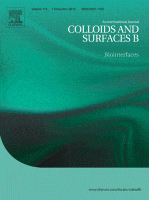
Virginie Gadenne, Laurent Lebrun, Thierry Jouenne, Pascal Thebault.
Abstract
Bacterial adhesion leading to biofilm formation on the surface of implants is responsible for pathogenesis infections. One promising strategy to reduce the risk of infection consists of modifying implant surfaces by antibacterial coating. In the present study, the ability of ulvan, a non biocidal algal polysaccharide, to limit bacterial adhesion on titanium was investigated. To this end, titanium surfaces were modified by two different ulvans. Polysaccharides were covalently immobilized on titanium surfaces which had been previously functionalized by self assembled monolayers of aminoundecyltrimethoxysilane (AUTMS). Each step in the modification process was characterized by contact angle, X-ray photoelectron spectroscopy (XPS) and atomic force microscopy (AFM). Bacterial adhesion assays showed that immobilized ulvans on titanium surface strongly decreased by about 90% the adhesion of Pseudomonas aeruginosa. Moreover, AFM observations showed that the polysaccharide also inhibited the bacterial spreading on the surface but not cell-to-cell interaction. The permanence of the anti-adhesive effect of the surfaces was finally tested on a non-motile organism, i.e., Staphylococcus epidermidis. The results showed that the effect was maintained for at least 24h.
Related Compounds
